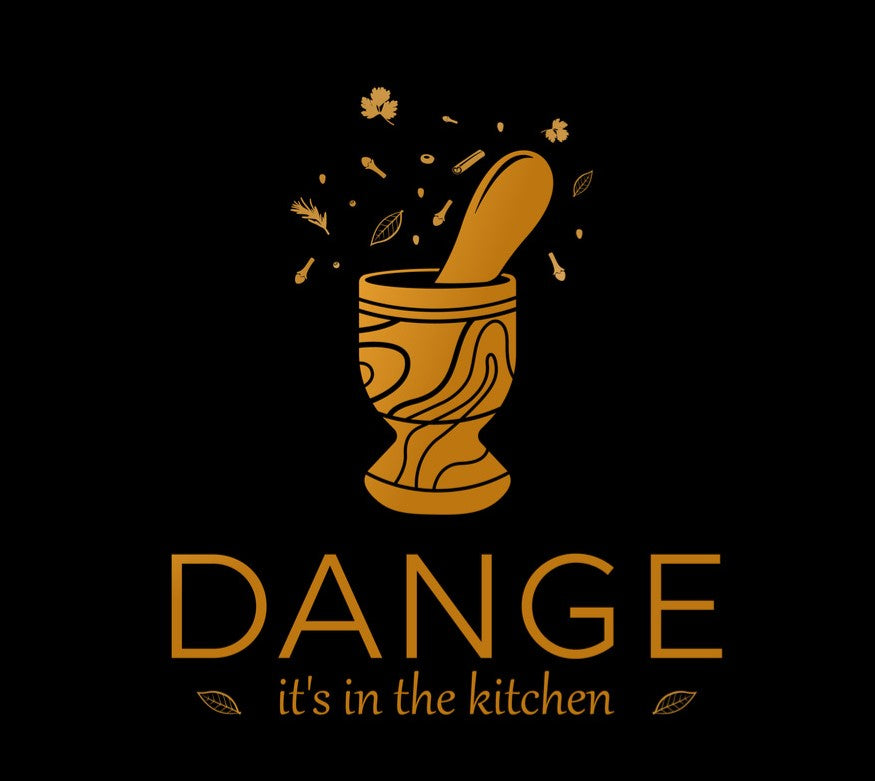
Sea moss is a type of red algae also known as Irish moss (or Chondrus crispus, if you want to get formal about it). It’s harvested for its carrageenan, an ingredient used to thicken milk products like ice cream, but it’s also available raw and in supplement form — think pills, powders, gels and gummies.
It’s heart-healthy
Seaweed is a bit of a superfood. It has a higher fiber content than most vegetables — which is a good thing, as fiber has all kinds of positive effects on the body. It can improve blood sugar control, help lower your cholesterol and reduce your risk of chronic diseases like diabetes and heart disease.
“Studies show that sea moss may help lower bad cholesterol, which is one of the factors for heart disease,” Czerwony says. It has also been shown to help lower blood pressure, another key factor in heart health.
It may promote weight loss
Remember how much fiber seaweed has? High-fiber foods are filling foods, which means they may keep you from overeating. “Fiber keeps us fuller longer, which may help with weight control,” Czerwony says.
It’s a good source of iodine
Iodine is one of the keys to a healthy thyroid, but because your body doesn’t make iodine on its own, you can only get it through diet. (Most people, however, get enough iodine from dairy products, seafood and iodized salt.)
It supports gut health
Your digestive system is full of bacteria, some good and some bad. And because gut health is associated with overall health, balancing out those bacteria is an important element of your wellness. Algae, including sea moss, is a good source of fiber and live bacteria. “It can help replenish the good bacteria in our gut,” Czerwony says.
It may boost your immunity
One study showed Atlantic salmon that ate sea moss to have a more efficient immune response than salmon that didn’t. Of course, fish and people have very different bodies, and no similar studies have yet proven the same effect on humans.
Still, a healthy gut is associated with a healthy immune system. And sea moss is also high in iron and antioxidants, which both contribute to immune health.
It can build muscle and aid in workout recovery
Sea moss is rich in an amino acid called taurine, which helps with muscle-building. “When we exercise, we get little micro-tears in our muscles,” Czerwony explains, “but amino acids can help with that recovery.”
Sea moss also has about 6 grams of protein per 100 grams, an exercise staple. Just don’t rely solely on sea moss for exercise recovery! You’ve still got to make sure you’re getting enough healthy food, hydration, rest, etc.




